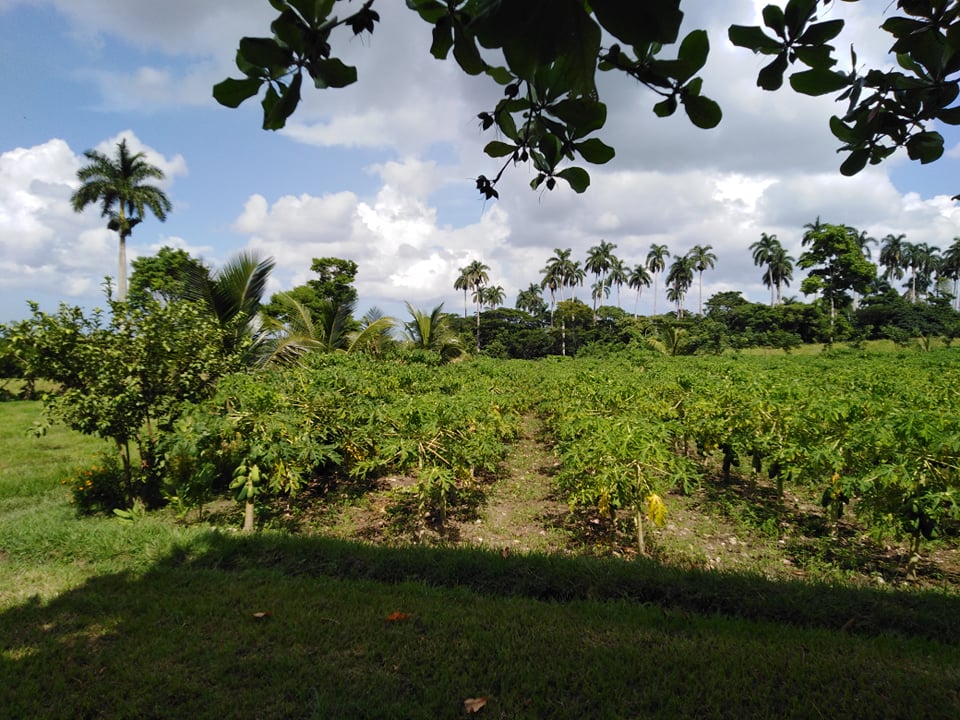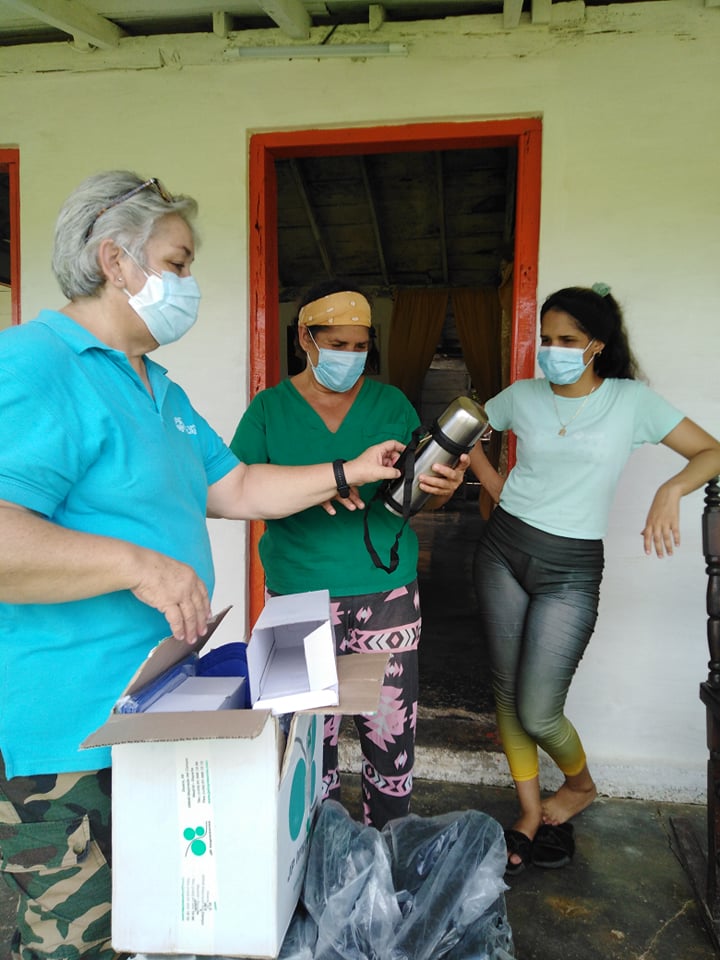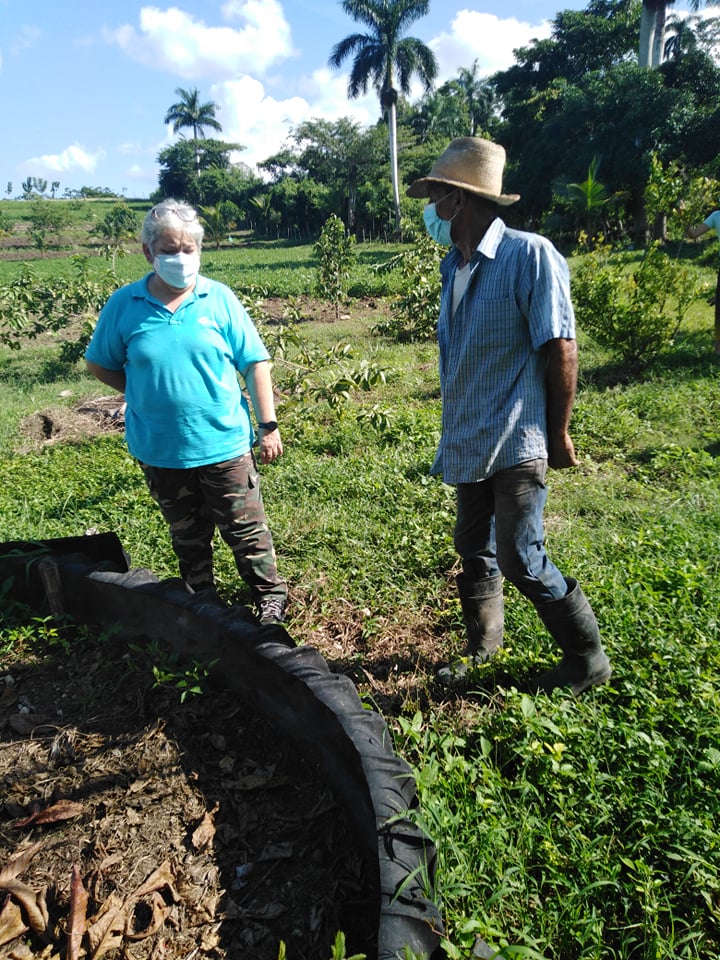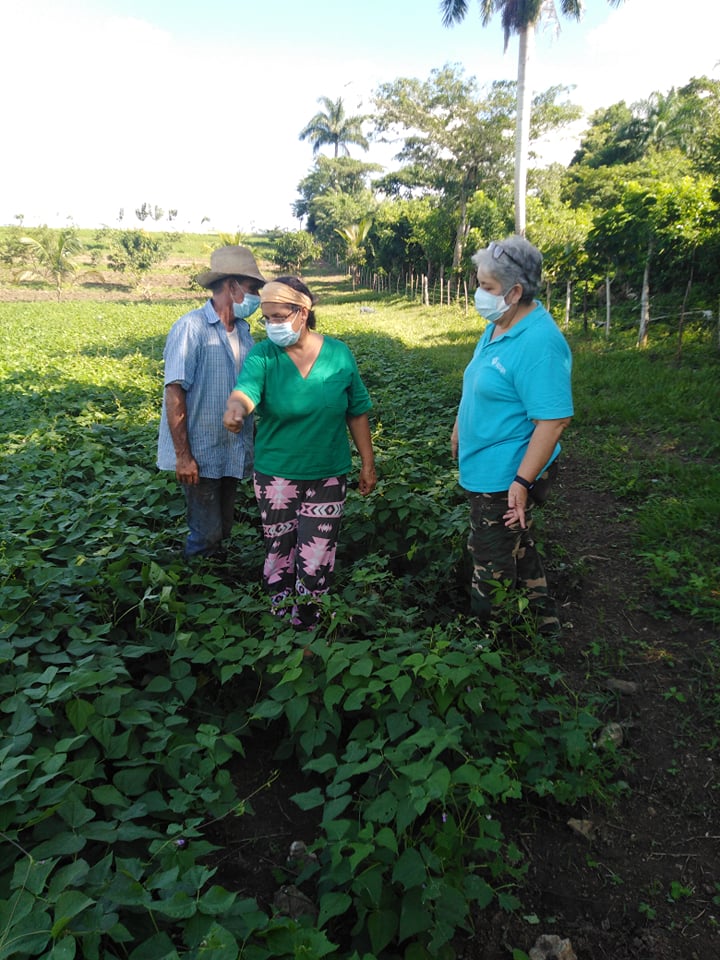
With six intervention sites distributed in the mountainous massif of Bamburanao, the international project Connecting Landscapes contributes to develop productive systems compatible with the conservation of biodiversity in the hills of the municipalities of Florencia and Chambas.
María del Carmen Olivera Isern, Deputy Delegate for the Environment in the province of Ciego de Ávila, explained that this program is implemented in three forest farms in the territory of Florencia (El Cuchillo, II Congreso and Los Ramones) and another one dedicated mainly to pig production (Las Margaritas).
Two others in the elevations of the municipality of Chambas, destined to the cultivation of medicinal plants and agro-production through the use of novel agro-ecological practices were added, she said.
Olivera Isern specified the characteristics of Las Margaritas school farm, where it is committed to fulfill the corporate purpose, under principles of sustainability, by guaranteeing the closed cycle of pig farming.
She explained that the wastewater from the pens flows towards a bio-digester for the production of biogas that facilitates the cooking of food and, finally, the waste goes to an oxidation lagoon, from where the sludge is extracted to be used as organic fertilizer in different crops.
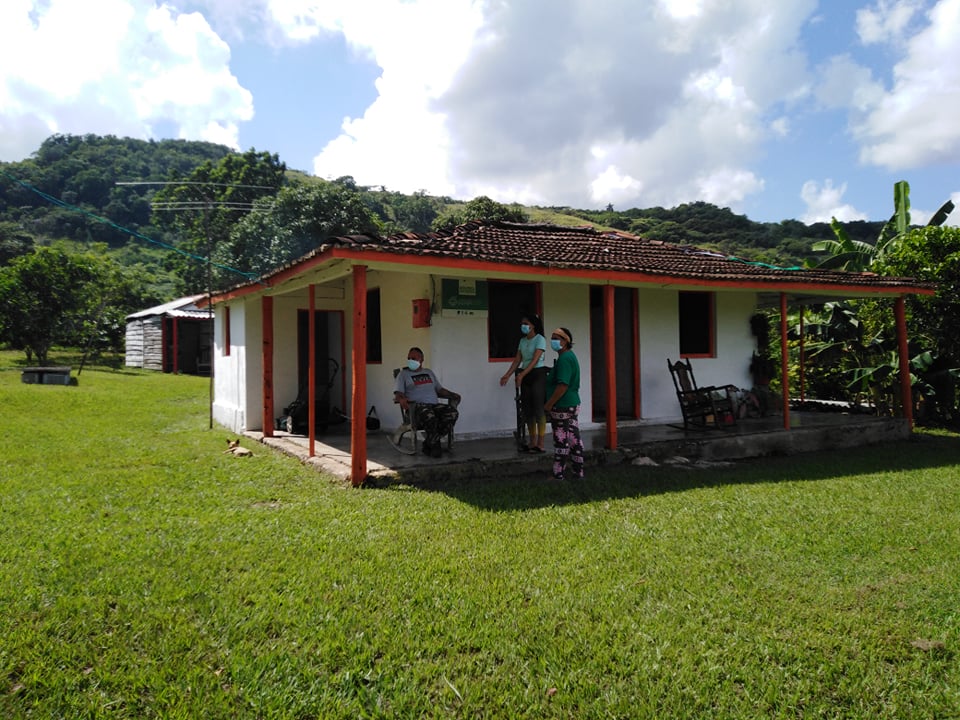
It is also committed to agro-ecological practices and the intercropping of crops, experiences that support its selection as a center to train producers in the area, fundamentally in issues related to renewable energy, the use of bio-fertilizers and efficient microorganisms, and crop combinations.
Referring to Rincón Los Hondones school farm with a landscape approach, she stressed that its producers are university professors who apply innovative agro-ecological techniques, with positive results in the yields of different crops, despite the characteristics of the place and the adversities of the climate.
Economic and conservation interests are combined in productions that guarantee family self-sufficiency and tax the consumption of nearby communities and health and educational institutions in the town of Chambas, so that they participate in social life, the Deputy Delegate for the Environment highlighted.
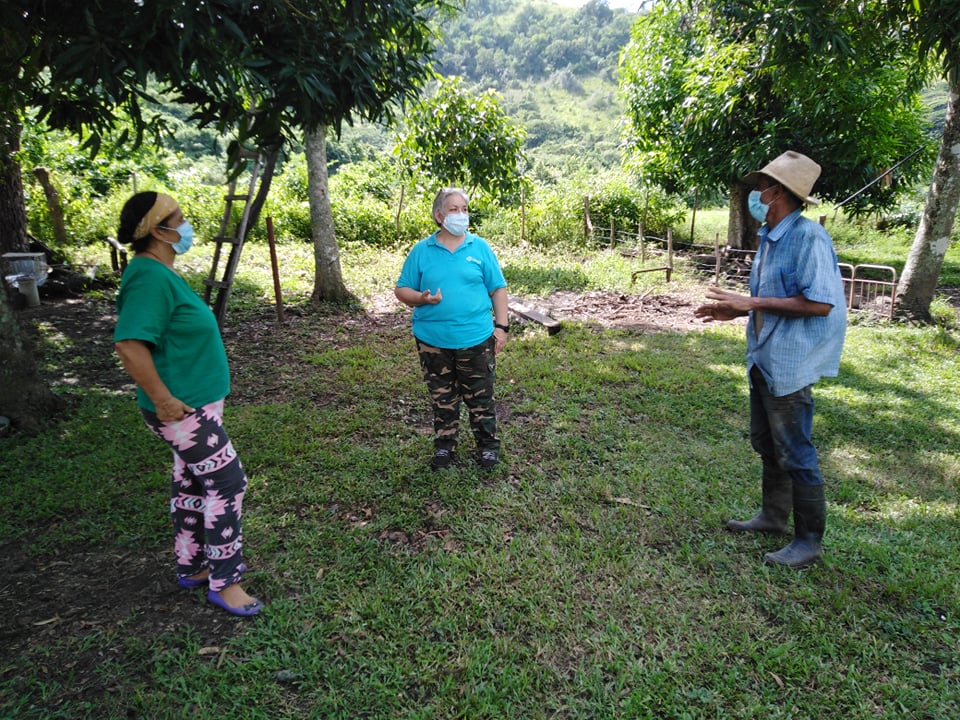
The knowledge is shared with other producers in the area, Agronomy students from the Máximo Gómez Báez University, from Ciego de Ávila; in addition to peasants linked to the international project Coastal Resilience, which is being carried out in the community of Punta Alegre, in order to strengthen adaptation to climate change.
She emphasized that mountain practices are applicable on the coast, where the consolidation of food systems is also foreseen, through the use of natural resources to reduce pollution and face the shortage of chemical products.
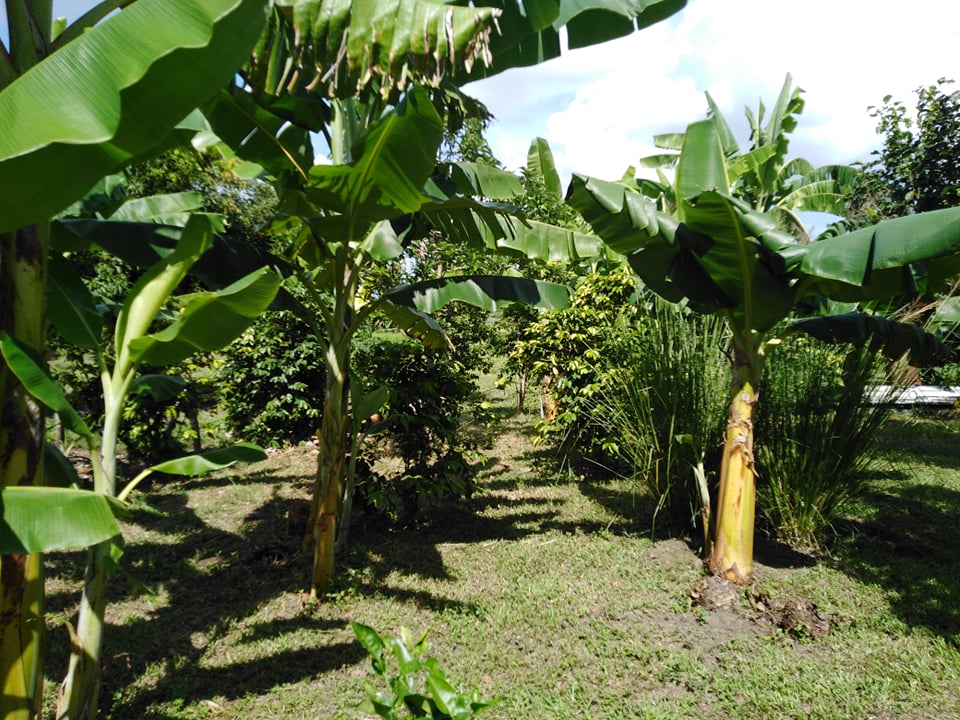
Connecting Landscapes is also linked to a global program that is executed in the Ciego de Ávila`s university for the production and management of efficient microorganisms, and to the institutions participating in the State Plan to confront climate change (Life Task) and the Sovereignty Program Food and Nutrition Education.
Promoted by the United Nations Development Program, the Forestry Business Group, and the ministries of Agriculture and Science, Technology and Environment; this initiative covers three other mountain ranges in the country: Guaniguanico, in Pinar del Río; Guamuhaya, in Cienfuegos and Sancti Spíritus; and Nipe-Sagua-Baracoa, in Holguín, Santiago de Cuba and Guantánamo.
The fundamental purpose is to guarantee the effective protection of biodiversity against current and future threats in mountain landscapes, where there are damages associated with the destruction and fragmentation of habitats, uncontrolled fires, pollution, inappropriate agricultural and livestock practices, open-pit mining, climate change and natural disasters.
The project mainly envisages the improvement of the living and working conditions of the people who inhabit the hill, who benefit from deliveries of tools and clothing for work in the field, and items for the home.
